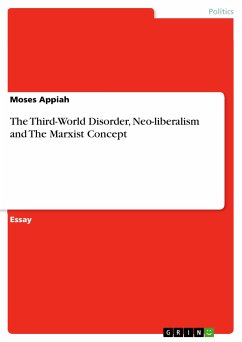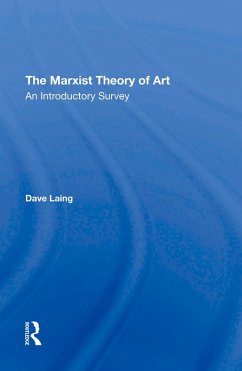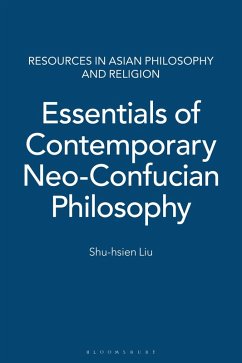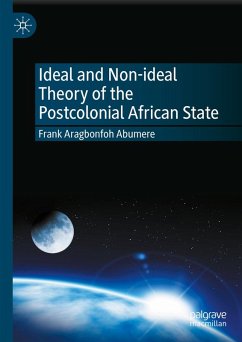
The Third-World Disorder, Neo-liberalism and The Marxist Concept (eBook, PDF)

PAYBACK Punkte
0 °P sammeln!
Essay from the year 2018 in the subject Politics - Basics and General, grade: B, Linköping University, course: International and European Relations, language: English, abstract: The "realpolitik" of power and self-interest from a realist perspective would mean that the absence of a global form of governance would position mankind and contemporary transitions in a state of anarchy. The centrality of this paper is to mainly point out rather, certain disparities that have plagued the global economic system. The perspectives are varied, but the concerns raised by liberalized geopolitical relation...
Essay from the year 2018 in the subject Politics - Basics and General, grade: B, Linköping University, course: International and European Relations, language: English, abstract: The "realpolitik" of power and self-interest from a realist perspective would mean that the absence of a global form of governance would position mankind and contemporary transitions in a state of anarchy. The centrality of this paper is to mainly point out rather, certain disparities that have plagued the global economic system. The perspectives are varied, but the concerns raised by liberalized geopolitical relations (that is to make reference to structural realist conceptions that hold the view that such anarchies are necessary for "power struggle") as against early Marxist and Neo-Marxist critical perspectives are of immense value for this paper. The condition of today's global economy is perhaps directly or indirectly structured in negligence of the plights of the most deprived regions of the world. Taking a cue from Cox to enhance such conceptions, we first of all deal with hierarchies of social forces, states, and global governance to understand hegemony and 'identify counter-hegemonic movement'.
Dieser Download kann aus rechtlichen Gründen nur mit Rechnungsadresse in A, B, BG, CY, CZ, D, DK, EW, E, FIN, F, GR, HR, H, IRL, I, LT, L, LR, M, NL, PL, P, R, S, SLO, SK ausgeliefert werden.













